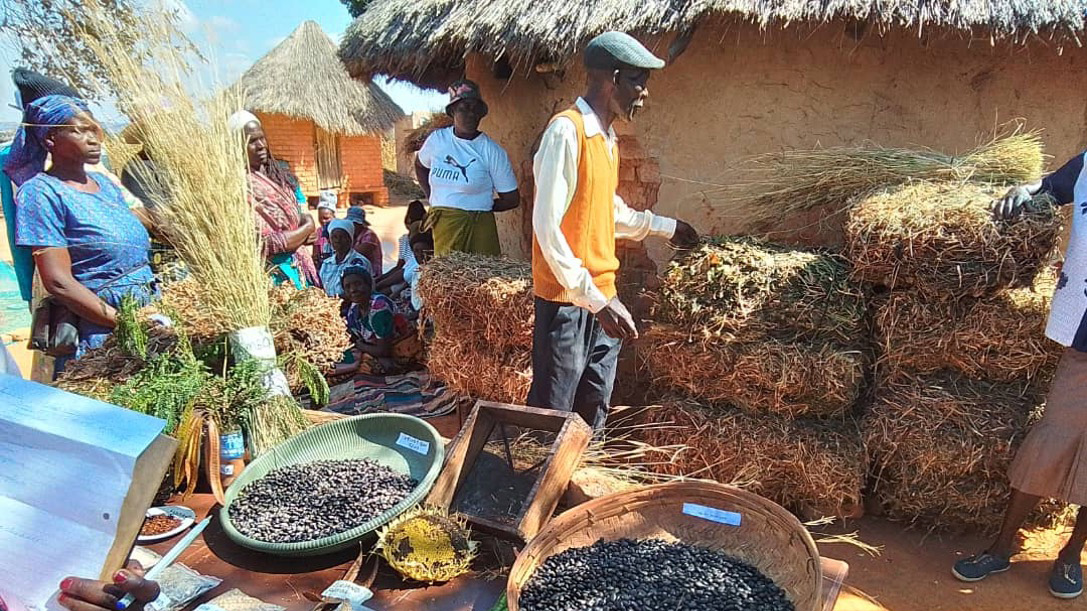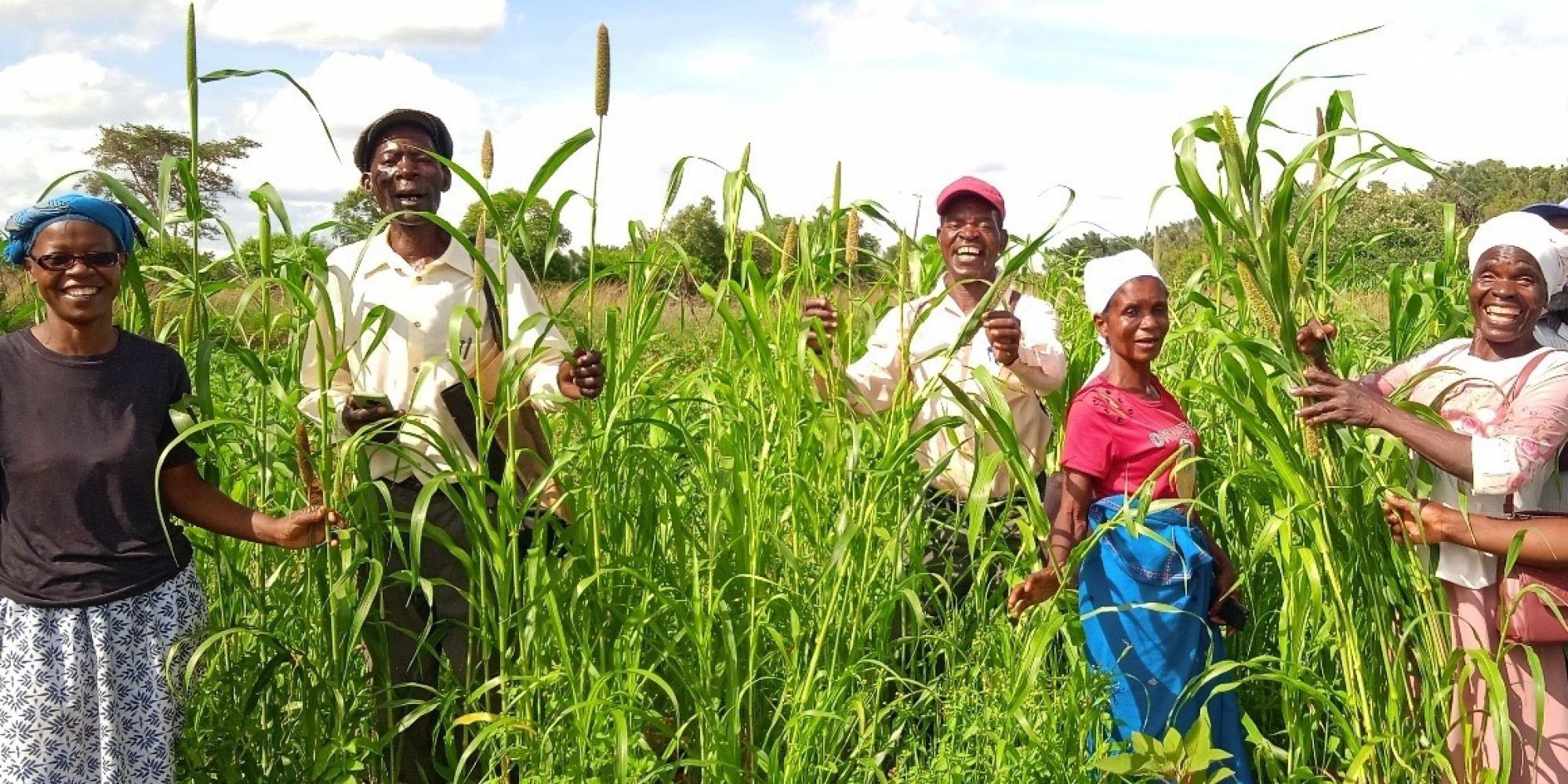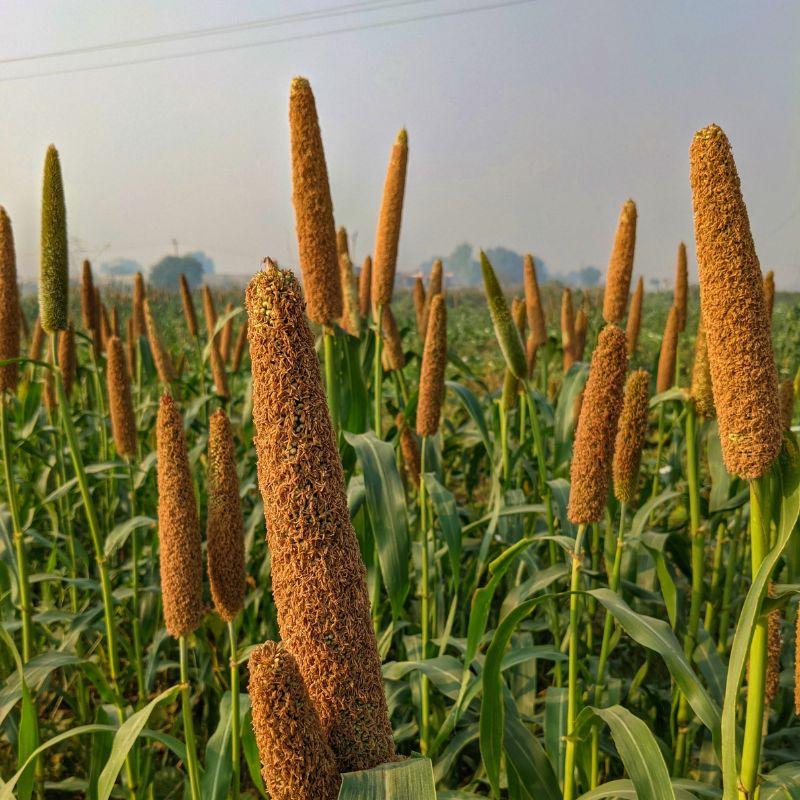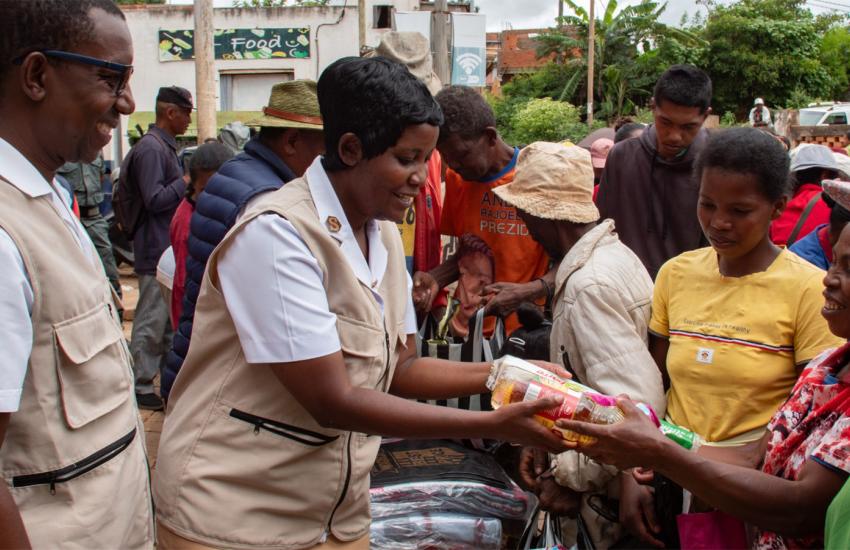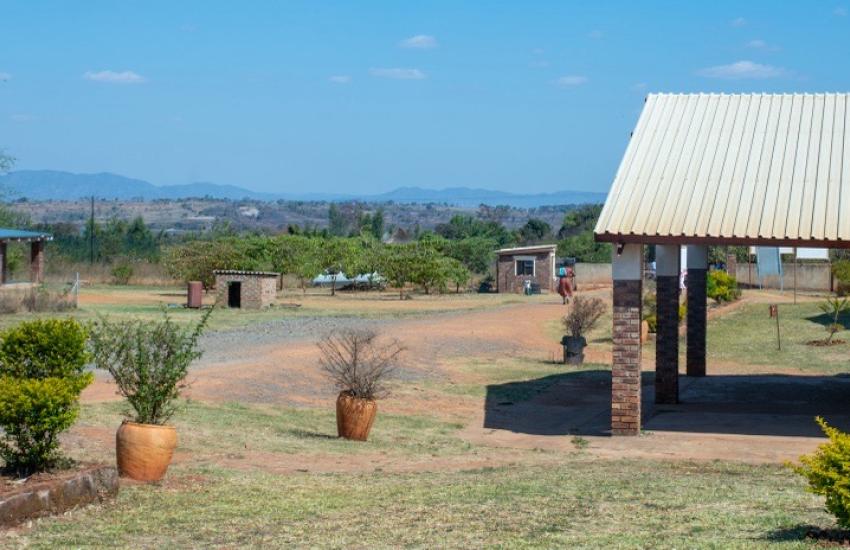Persistent drought in Zimbabwe is having a severe impact on the many people who rely on subsistence farming in rural areas. Climate change makes conventional farming methods less effective and food price inflation of 285% - the highest in the world (World Economic Forum) – means that buying additional food is increasingly out of reach for the poorest.
A Salvation Army project in the north of the country is promoting conservation agriculture to help local farmers adapt. Lead farmers come together at demonstration plots to learn techniques such as agroforestry, where trees are planted alongside food crops to improve and protect the soil, and the cultivation of drought-tolerant crops including sorghum, finger millet and rapoko.
After training at the demonstration plots, lead farmers pass on their newly acquired skills to others in their local area.
All possible when the local community works together with support from The Salvation Army locally and funding from the United Kingdom and Ireland Territory and The Salvation Army’s World Service Office.
